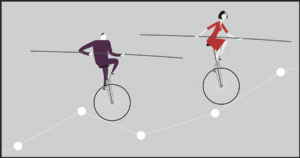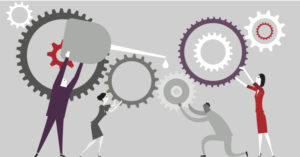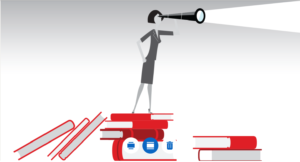
My husband and I are both foodies; we love to cook and experience food events. Recently, along with another couple, we signed up for an “underground dining experience.” We had attended one of these before with a young chef who was relatively new on the restaurant scene and had a wonderful time. In addition to his culinary skills, this chef was warm and engaging. We felt as though we were guests in his home.
The chef of this more recent event had previously owned a Michelin 2-star restaurant that was in business for 3.5 years. After such a short time, earning two stars (out of a possible three) was impressive. We had not been to the restaurant but had heard and read great things about it, so we were excited to attend what we expected would be an intimate evening.
Sadly, we were disappointed.
The food was meticulously prepared and tasty, technically correct in every way. But, the experience…. well, it wasn’t an experience. We left saying to each other that this evening was about one thing, the chef making money after the restaurant closed.
Despite emails admonishing us to arrive early (we all did), we were seated 45 minutes after arrival, and then the staff rushed us out so they could prepare for their second seating. The chef did not engage with the guests; the courses were served, he explained the ingredients without flourish, and then went back to the kitchen.
So what, you may be saying, why do I care?
Care is what was missing, and care is precisely what he reminded us is critical to delivering an experience to our customers. Technically correct is simply that, and it is not enough. What we as humans want is engagement. We don’t do business with companies; we do business with people. And it is that human connection that delivers and receives delight.
In short, it’s all about the experience. Without engagement, all we have is a transaction. No matter how technically correct the delivery is, it will never achieve the value one is willing to pay for an authentic experience.


 The initial results of my Pivot are excellent. I feel I have much greater clarity regarding the next 3-5 years..
The initial results of my Pivot are excellent. I feel I have much greater clarity regarding the next 3-5 years..  John Yerger
John Yerger